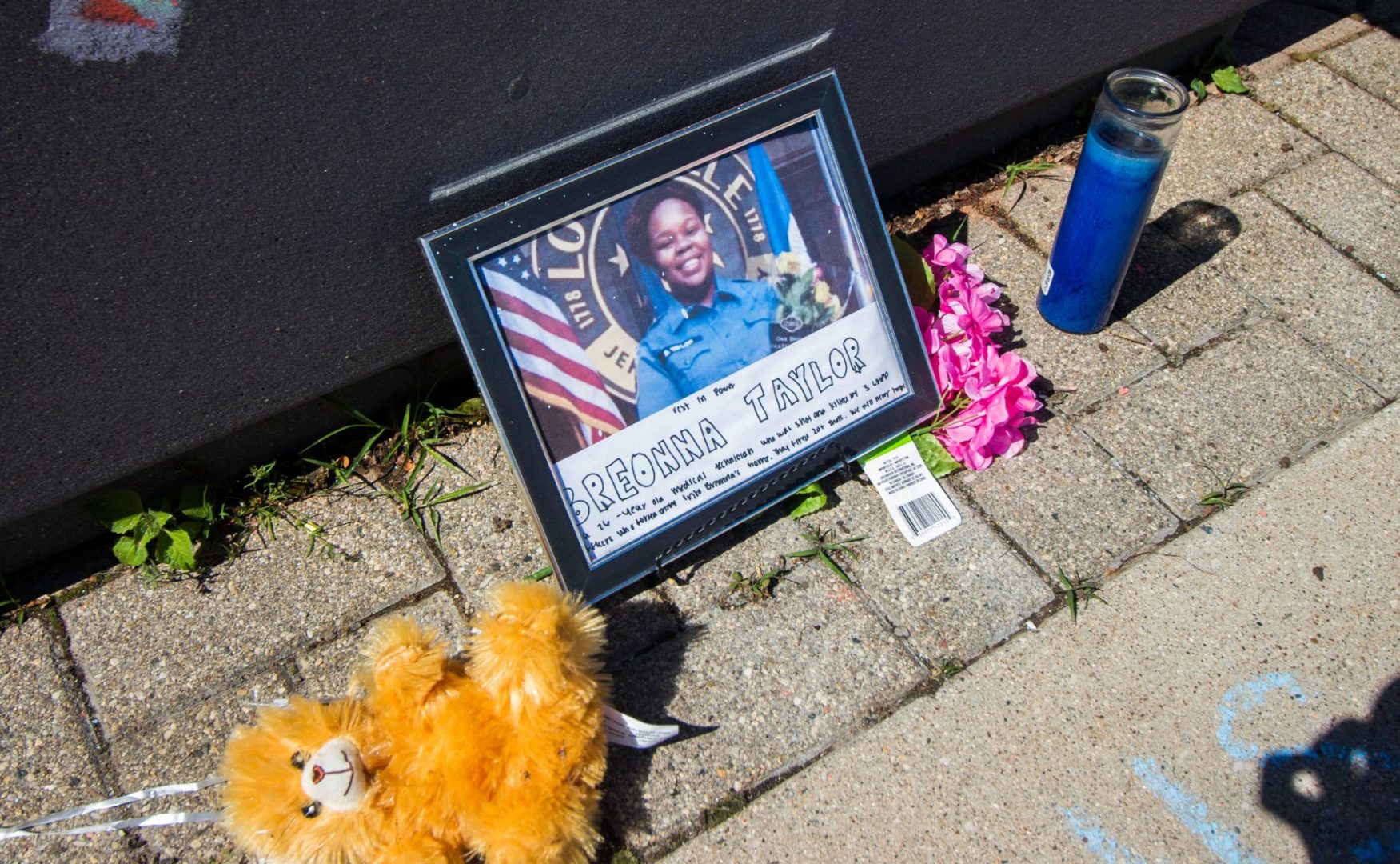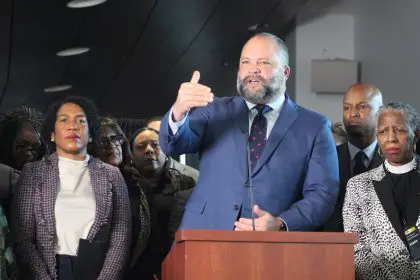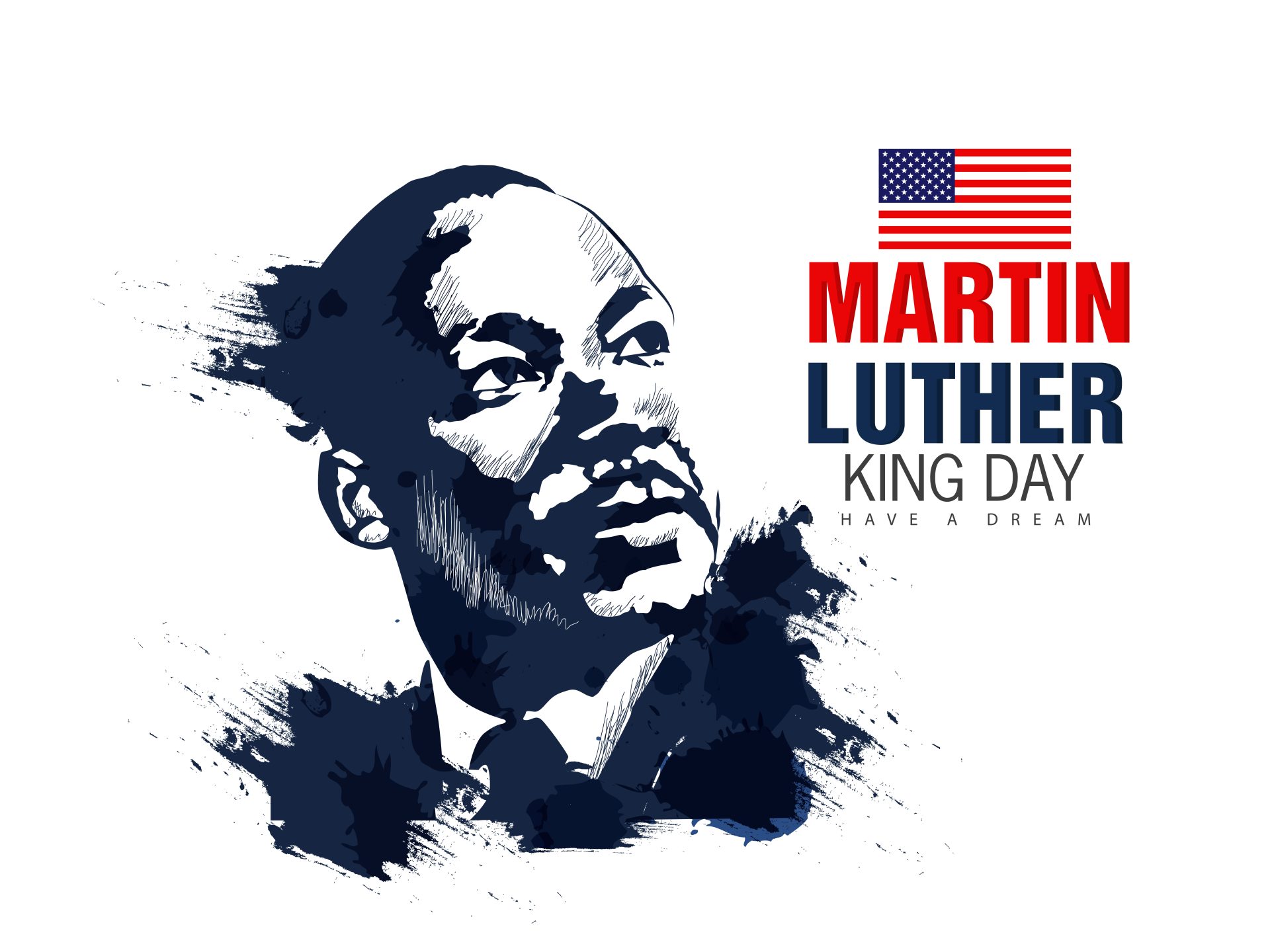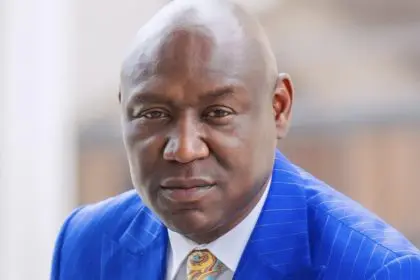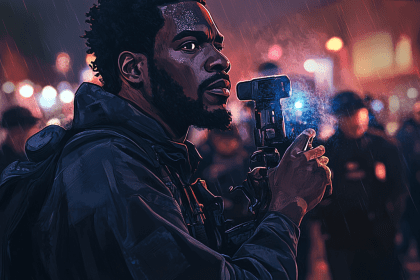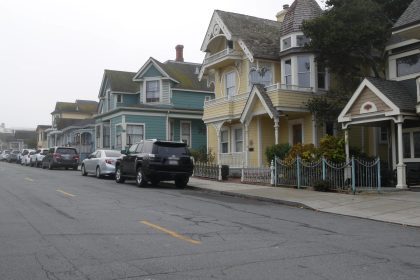A jury has found former Louisville police officer Brett Hankison guilty of violating Breonna Taylor’s civil rights during a botched raid that led to her tragic death. In a significant ruling that resonates deeply within the African American community, this verdict, delivered on Friday, marks a pivotal moment in the ongoing fight for justice and accountability in law enforcement practices.
The incident: A tragic loss
Breonna Taylor, a 26-year-old emergency medical technician, was fatally shot by police during a raid on her apartment on March 13, 2020. The raid was part of a drug investigation that did not involve Taylor. During the incident, her boyfriend, believing that intruders were breaking in, fired a single shot toward the door. In response, Hankison discharged his weapon recklessly, firing ten shots into Taylor’s apartment, none of which struck anyone, but some penetrated a neighboring unit.
The charges against Hankison
Hankison faced two charges related to the civil rights violations stemming from his actions during the raid. While he was acquitted of a second charge concerning the civil rights of one of Taylor’s neighbors, the jury found him guilty of the first charge. This verdict follows a previous mistrial in November 2023, where the jury could not reach a unanimous decision on the counts against him.
Implications of the verdict
This guilty verdict is a crucial step in the pursuit of justice for Taylor and her family. It underscores the importance of holding law enforcement accountable for their actions, particularly in cases involving the use of excessive force. The decision also reflects a growing recognition of the need for systemic change within police departments across the United States.
A community’s response
The reaction to the verdict has been mixed, with many in the African American community expressing relief that some measure of justice has been served. However, there remains a palpable sense of frustration and anger over the circumstances surrounding Taylor’s death and the broader issues of police violence and racial injustice that continue to plague communities of color.
Taylor’s legacy
Taylor’s name has become synonymous with the movement for racial justice and police reform. Her tragic death sparked nationwide protests and calls for change, highlighting the urgent need to address systemic racism and brutality within law enforcement. As the community reflects on this verdict, it is essential to remember Taylor not just as a victim, but as a catalyst for change.
Looking ahead
While the verdict against Hankison is a significant milestone, it is crucial to continue advocating for comprehensive reforms in policing practices. This includes calls for greater transparency, accountability, and community oversight of police departments. The fight for justice does not end with one verdict; it is an ongoing struggle that requires the collective effort of individuals, organizations, and communities.

